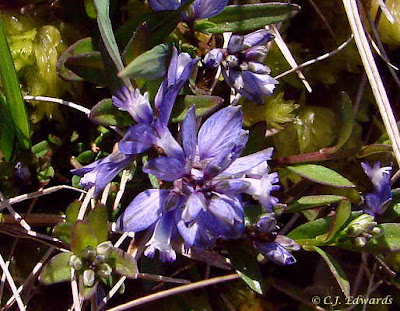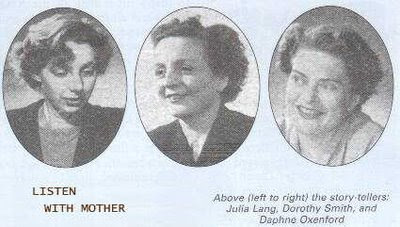February
6 years ago




 |
| From My Hebridean Blog |


 The full sentence was 'Light blue touch-paper - stand well back' later replaced by 'Light blue touch-paper and retire.' The expression 'Light blue touch-paper!' therefore became a way of suggesting someone had done something dangerous or foolhardy and needed to beware of the consequences, especially, for example, when having said something that was likely to cause someone else to respond explosively.
The full sentence was 'Light blue touch-paper - stand well back' later replaced by 'Light blue touch-paper and retire.' The expression 'Light blue touch-paper!' therefore became a way of suggesting someone had done something dangerous or foolhardy and needed to beware of the consequences, especially, for example, when having said something that was likely to cause someone else to respond explosively.

